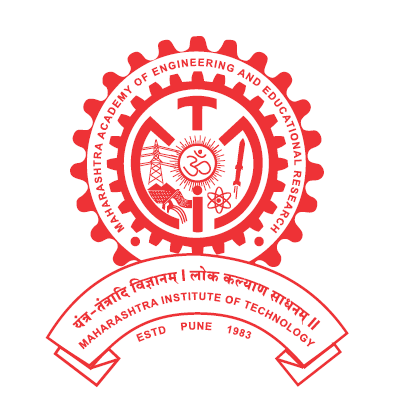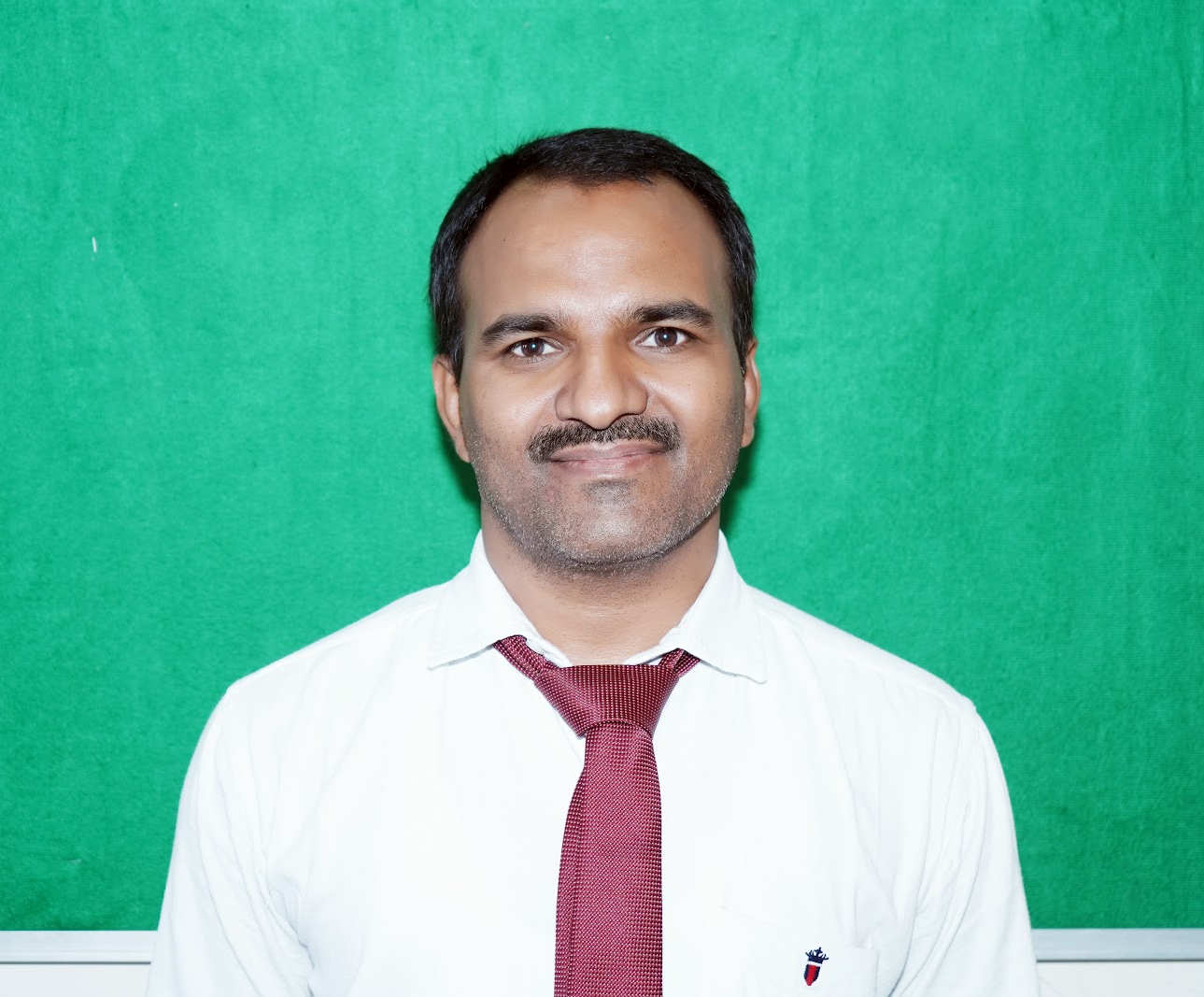Dear Students,
It gives me great pleasure to introduce the Computer Science and Engineering Department. This field has consistently been one of the top career choices for young aspirants, as it branches out into numerous specializations, thereby creating a wide range of career opportunities for computer engineers.
We are proud to offer an Honor Degree program in cutting-edge fields such as Artificial Intelligence, Machine Learning, and Cybersecurity. These programs are designed to equip students with advanced skills and knowledge, preparing them for the challenges of tomorrow.
In addition, we offer computational courses that keep students abreast of the latest industry trends. Our well-structured teaching and learning process ensures the holistic development of our students, enabling them to adapt to the rapidly evolving technologies in software and IT industries.
Close interaction with the industry has opened doors for our students to secure internships, hands-on training, and guidance for problem-solving in prestigious events like the Smart India Hackathon. Many students also work on sponsored projects, gaining valuable real-world experience.
We actively encourage students to participate in various co-curricular activities organized by student-led clubs, such as the Coding Club and technical symposiums. These initiatives help students develop their technical expertise, professional competencies, and soft skills—attributes essential for excelling in diverse career paths.
The vision of the department is to create future Techno-Leaders who contribute to the nation by leveraging Information Technology with a commitment to peace, ethical values, and the overall sustainable development of society.
With a lots of Best Wishes..
Prof. Somnath Mule
Head of Department

